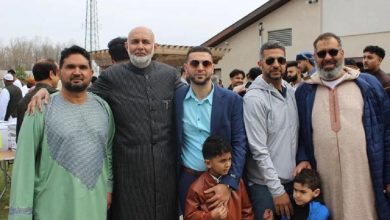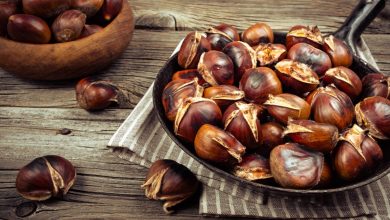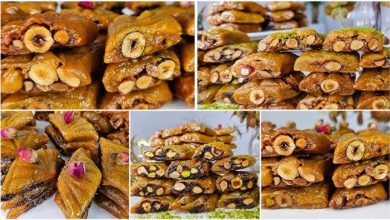Culinary Traditions of Mawlid al-Nabawi in the United States: How Muslims Celebrate with Food
Exploring the diverse dishes American Muslims prepare during the Prophet Muhammad’s birthday celebration
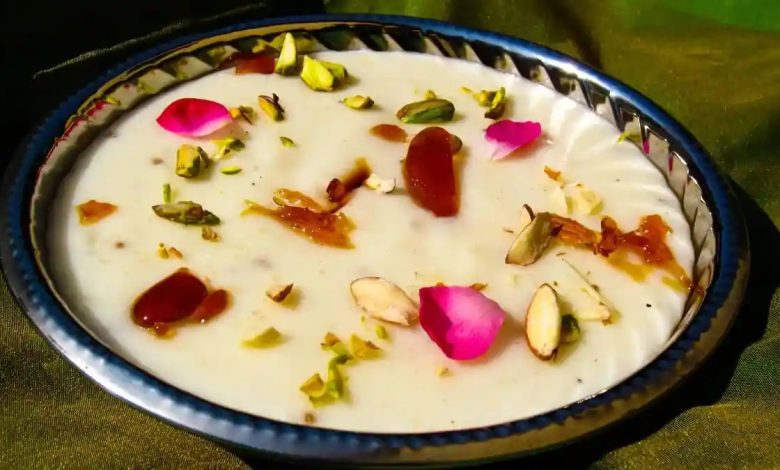
Mawlid al-Nabawi, the commemoration of the Prophet Muhammad’s (peace be upon him) birth, is observed by millions of Muslims around the world. In the United States, where Muslim communities come from a wide range of cultural and ethnic backgrounds, the celebration takes on unique forms. While religious gatherings, prayers, and storytelling about the Prophet’s life remain central, food plays an essential role in marking the occasion.
Diverse Muslim Communities, Diverse Cuisines
American Muslims originate from South Asia, the Middle East, Africa, and beyond. Each community brings its culinary traditions into the Mawlid celebrations, creating a rich tapestry of flavors. Instead of a single national dish, the foods vary depending on cultural roots:
-
South Asian Muslims (Pakistan, India, Bangladesh): They often prepare halwa (semolina or flour-based sweet pudding), zarda (sweet saffron rice), kheer (rice pudding), and festive meat dishes such as biryani or nihari. These are shared at mosques and community centers after Mawlid recitations.

-
Arab Muslims (Egypt, Syria, Palestine, Lebanon): Families frequently make mawlid sweets like ḥalāwat al-moulid (nut-based sweets in Egypt), ma’amoul (stuffed date cookies), and semolina cakes like basbousa. In Levantine communities, gatherings may include mansaf, makloubeh, or a spread of mezze.
-
North and West African Muslims: Moroccan and Algerian families may prepare couscous with lamb and vegetables, while Somalis and Sudanese often serve spiced rice dishes and traditional sweets like asida.
-
American-born Muslims: Younger generations often blend heritage foods with local tastes, preparing both traditional sweets and modern desserts like cakes decorated with Islamic calligraphy or green-and-white icing symbolizing the Prophet’s colors.
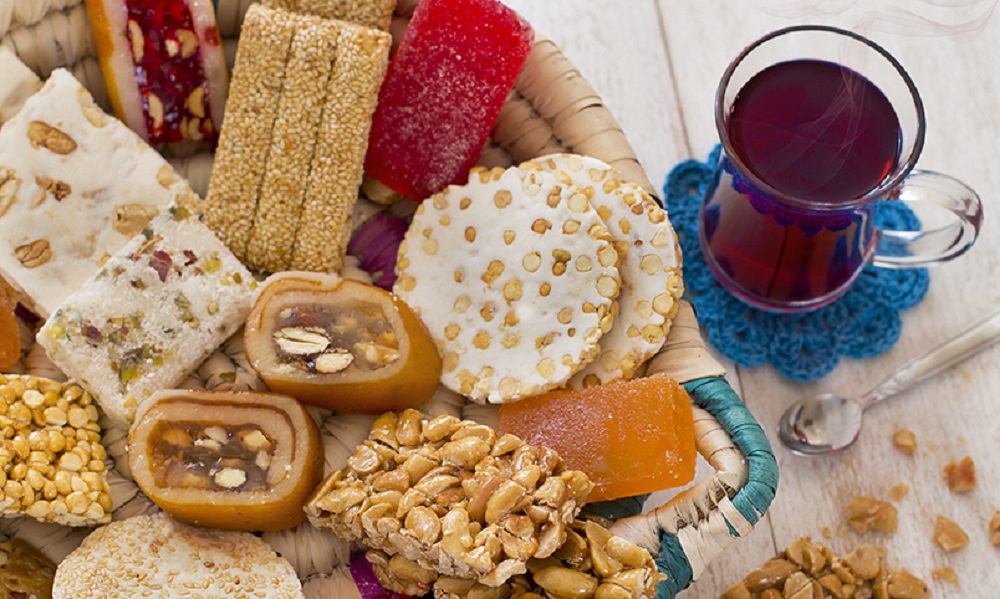
Food as Community-Building
In U.S. mosques and Islamic centers, Mawlid is not only spiritual but also social. After collective prayers, nasheeds (religious songs), and lectures, congregants gather for shared meals. These community feasts strengthen bonds across different ethnic groups. Many families also prepare food at home to give to neighbors, reflecting the spirit of generosity and unity associated with the Prophet.
Confirmed Practices Across the U.S.
-
Chicago, Dearborn, and New York City: Large South Asian and Arab populations organize Mawlid dinners featuring sweets and rice dishes.
-
Detroit: Arab American communities prepare traditional mawlid sweets and distribute them in mosques.
-
California and Texas: Somali and Ethiopian Muslims often cook communal rice, lamb, and sweet breads to share.
Thus, Mawlid in America is a reflection of Islam’s diversity—rooted in devotion yet expressed through a wide variety of foods that connect faith with heritage.
